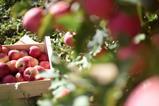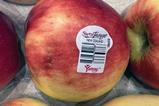George Tokas, chief executive officer at Greek exporter Tokas Olymp Fruits, talks exclusively to Fruitnet about the company’s expansion plans
George, can you tell us a bit about Tokas Olymp Fruits?
George Tokas: We are a specialised, family-run kiwifruit exporter, which means we pay attention to every small detail, from fruit harvesting and producer relations to the final packaging.
We have state-of-the-art facilities covering 25,000m2 located at the foothills of Mount Olympus, with direct access to the national road network, and Thessaloniki port and airport. This includes 3,000m2 of covered space and high-performance machinery built in 2020.
In terms of markets, we sell our products both directly to large wholesalers and supermarkets, as well as to major global fruit companies that then supply the aforementioned companies.
In addition, we handle all types of packaging according to the specifications set by our customers, whether it’s packaging with our own logo or packaging specified by the customer. We’re proud that we have a global export network.
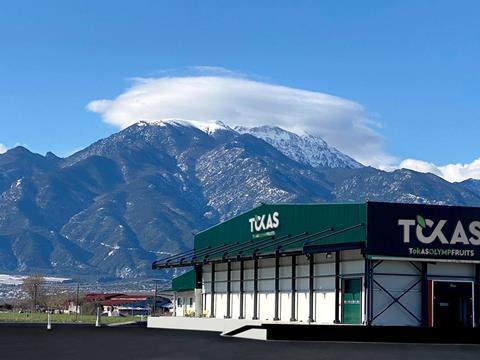
What recent developments have there been at your company?
GT: We are pleased that the reality is outpacing our goals. Last year, we set a goal to create a global export network and expand our exports to the US and India, something we achieved by opening a large network of partners in these countries. At the same time, we maintained our exports to north-west Europe by signing continuous supply programme with key partners.
We want to expand our facilities with a €5mn investment, including the creation of 14 new refrigerated chambers, four new sorting lines, and a new sorting area. This investment is also important for our land, as this will create many new jobs in Greece.
We prefer to make strategic investments with a focus on steady growth for our company. So we ensure we analyse each of our next steps carefully. Our experience in the primary sector industry has been the driving force behind our rapid development in such a short time.
What are the main markets for your kiwifruit exports?
GT: As well as north-west Europe, we also export to markets including India, US, Canada, Saudi Arabia and Dubai. A market like the US is certainly a challenge for any European company, because it is a variable market with many peculiarities from region to region.
This makes their sales and export philosophy quite different from ours, but the returns are significantly higher. So, success in the US requires effort, systematic work, and for sure, an independent company division based in the US. We have already taken this step, and we are particularly proud of it.
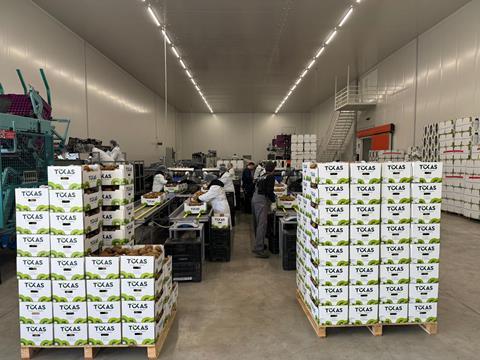
How is the market for kiwifruit at the moment? Are there any specific regions or countries that have shown significant growth in demand?
GT: In Greece at the moment, there is a trend among producers to grow new varieties of kiwifruit, such as yellow and red kiwfruit. But Hayward remains the most widely cultivated variety and this is the one that established Greek kiwifruit exports globally.
We estimate this year will be a good year, with high returns, as there is availability of excellent quality kiwifruit. Prices will remain at the same levels as last year, without any significant surprises.
This season, there has been a significant growth in demand from India, because after India’s first experience with Greek kiwifruit, its exceptional quality is now highly valued.
As a result, an increasing number of new clients and partners now want to agree stable supply programmes in large quantities, which makes us particularly happy.
Our personal goal is to establish our brand name as synonymous with the quality and services we offer in foreign markets.
What kind of commercial pressures and challenges do you face in your business at the moment?
GT: We recognise that we need to reassess our working conditions, because climate change could have a direct impact on kiwifruit crops and their storability. These factors create pressures on the kiwifruit trade and exports, not only for our company but globally for production in both hemispheres.
In this context, with proper planning and forecasting for the management of our products’ storability, we know we can adapt and potentially increase our profits by filling the gap left in the market by those that fail to adapt to climate change.
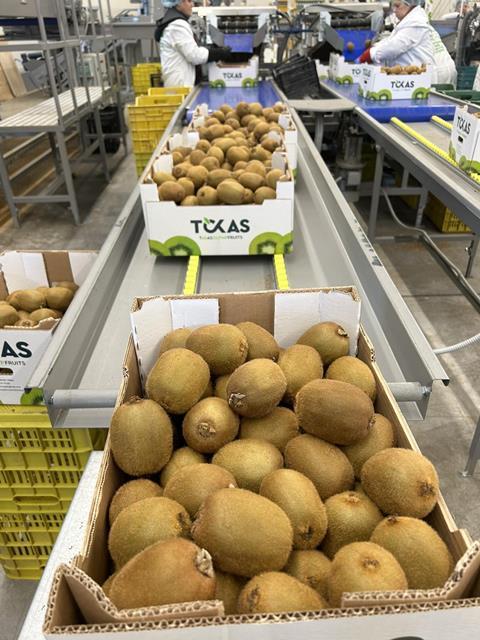
Can you tell us more about how you are managing to make your business more sustainable?
GT: We greatly appreciate your question, as we are particularly sensitive to issues of corporate environmental responsibility. We have invested in sustainable solar energy production for our business by creating a photovoltaic station, so that we produce the energy we consume ourselves from renewable, environmentally friendly sources. It is important to us to minimise our environmental footprint, so we operate with a strong environmental conscience.
We also have to make our business commercially sustainable and generate profit over the long term. This means our business model is not only financially viable but also resilient and able to adapt to market changes. It has to sustain itself commercially without relying on temporary or short-term solutions.
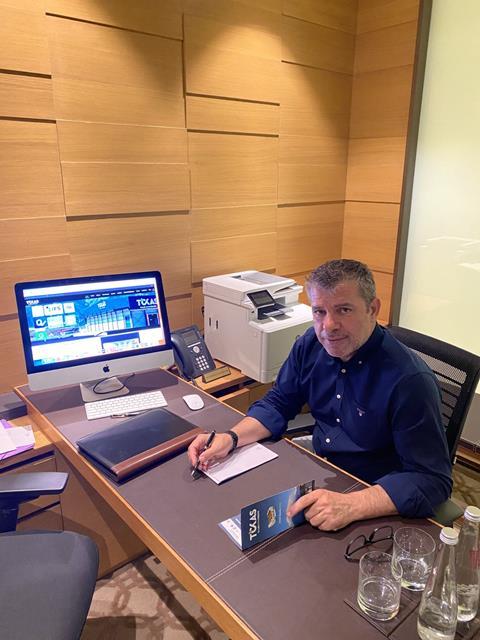
What longer-term plans do you have to grow your business in the near future, and how will you achieve this?
GT: As we said for the next year, we are aiming to expand our facilities to serve an even larger circle of customers around the world. For the local community in Pieria, where we are based, such investments are of key importance.
Our immediate goal is to grow our family of producers on a stable and long-term basis, helping us fully control our product’s quality and identity. They are GlobalGAP-certified and produce their kiwifruit with particular care and environmental awareness.
Our aim is to redefine the production process using the highest quality standards. We aim for perfection while maintaining flexibility and simplicity.
Another new goal, and at the same time a great challenge, is to establish exports to Brazil. This is a new project, and we hope to see positive results in the near future.



